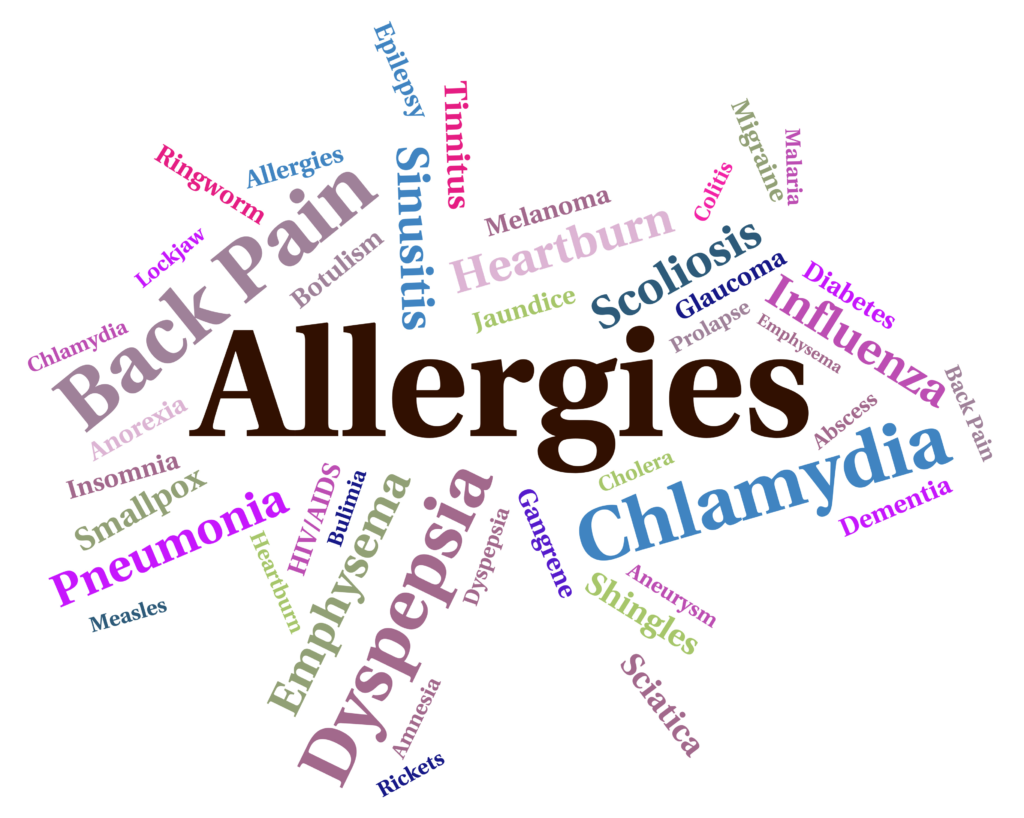Managing allergy symptoms can sometimes feel overwhelming, particularly when their root causes remain unclear. Allergy testing offers a valuable solution by identifying specific allergens that trigger your symptoms, enabling you to approach treatment with precision. Understanding how allergy testing works and how it informs personalized management can provide clarity for anyone seeking relief from allergies.
What is the Role of Allergy Testing?
Allergy testing is a diagnostic tool to identify allergens that provoke adverse reactions. It evaluates your body’s response to substances like pollen, pet dander, certain foods, or mold. By pinpointing these triggers, healthcare professionals can better understand the nature of your condition and recommend personalized treatment options.
There are several methods, each offering unique insights. Skin tests involve applying allergens to assess immediate reactions such as redness or swelling. Blood tests measure levels of specific antibodies in response to allergens. Each type of test serves as a reliable guide for determining sensitivities and tailoring practical approaches to manage symptoms.

How Does Allergy Testing Enhance Symptom Management?
Identifying allergens through testing directly informs strategies to minimize exposure and alleviate your symptoms. Armed with this information, healthcare providers can work with you to create an effective plan for symptom relief, which may include avoidance techniques or targeted treatments.
One way testing supports symptom management is by helping individuals control environmental factors. If pollen is identified as a trigger, reducing outdoor activities during peak seasons or using air filters in your home may result in noticeable improvements. For food allergies, testing provides clarity on ingredients to avoid, potentially preventing severe reactions.
This testing also guides treatment approaches such as immunotherapy, a process that involves administering controlled doses of allergens to build tolerance over time. By integrating these insights, managing symptoms can become more efficient and proactive.
Who Benefits from Allergy Testing?
Testing is particularly valuable for a wide range of individuals. Parents concerned about their child’s frequent unexplained symptoms often turn to testing to uncover potential triggers. Adults experiencing recurring reactions that impact their daily lives find these tests to be a practical way to identify allergens and mitigate symptoms.
Understanding specific irritants can make protective measures like medication or regular cleaning more focused and effective for those with seasonal allergies. Testing also benefits individuals with severe or life-threatening allergic reactions, allowing them to take preventive action and identify the need for emergency preparedness tools, such as epinephrine injectors.
How Do I Choose the Right Type of Allergy Testing?
Choose the most appropriate method based on your symptoms and suspected triggers. Skin prick tests are commonly recommended for environmental allergens like pet dander or dust mites. Intradermal tests may be suggested for individuals seeking further evaluation of reactions to insect stings or medications. Blood tests offer an alternative when skin testing isn’t feasible. Consulting a healthcare provider can help identify the ideal testing method suited to your needs.
Take Action for Better Allergy Management
Understanding your allergens is a step toward improving your quality of life. Allergy testing equips you with the knowledge to address your symptoms more effectively and reduces the uncertainty often associated with allergic reactions. From personalized treatment plans to practical steps for avoidance, results from these tests make symptom management more achievable.
- Zirconia Cap Price: Estimated Cost & Its Long-Term Benefits
- FREHF – The Revolutionary Future Of Human-Centered Technology!
- Adsy.Pw/Hb3 – Boost Your SEO And Drive More Traffic!
- Fitness Based Vacations By Timeshealthmage.com!
- TimesHealthMag Tips For Improving Sleep Quality – Expert Advice For Better Rest!

Leave a Reply